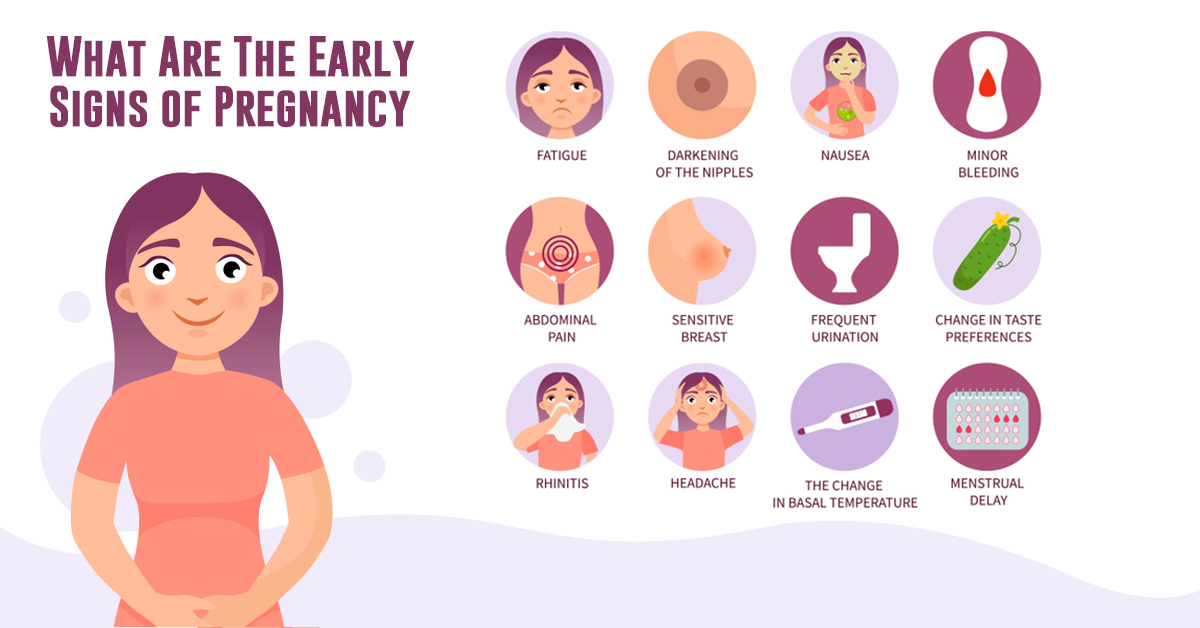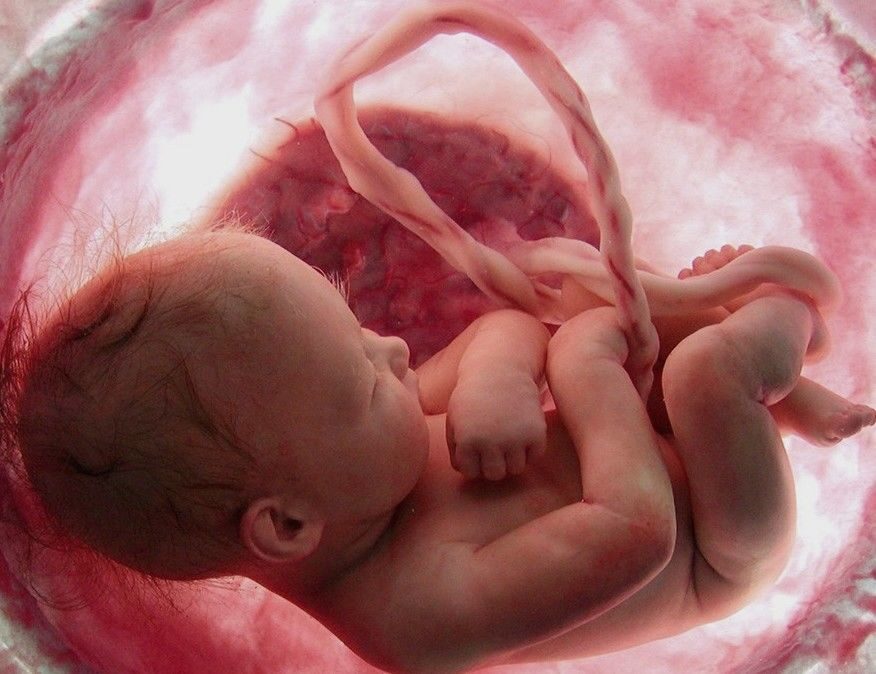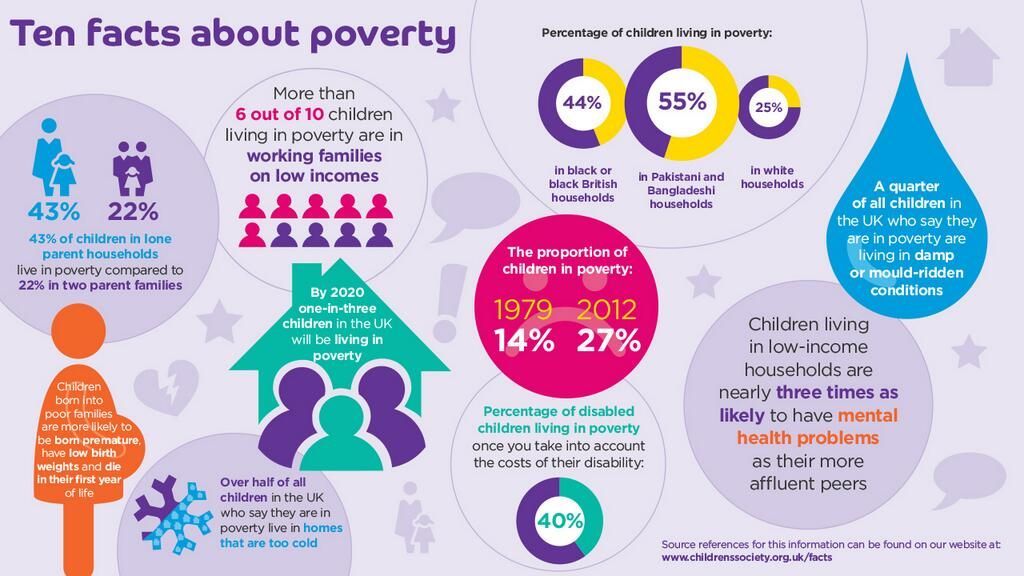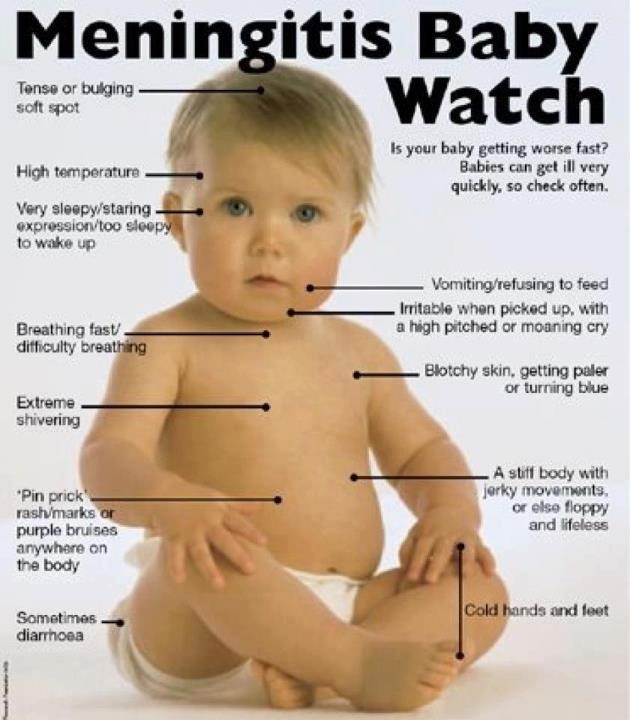What causes pregnancy rhinitis
Relief for Ongoing Nasal Congestion Is Possible
If you're expecting a baby, you may be dealing with a stuffy nose that doesn’t seem to go away. This hassle is called pregnancy rhinitis. The cause of this condition isn’t really clear. However, it may be caused by hormonal changes.Having a history of allergies or asthma does not raise your risk of getting pregnancy rhinitis.
More than just a stuffy nose
Pregnancy rhinitis is an inflammation of the mucous membranes lining the nose. This causes nasal congestion. Increased blood flow to the nasal passages and enlargement of the nasal veins also play a role.
Symptoms occur during pregnancy. They can last for several weeks. On top of feeling uncomfortable, your sleep may be disrupted. This is because the congestion gets worse when you lie down. This may make you to feel more tired during the day. Long-lasting congestion also can lead to complications. These can include sinusitis and ear infections.
Be cautious when seeking treatment
Many women use non-prescription, over-the-counter (OTC) decongestant sprays to open up their nasal passages. Know that these medicines don’t work for pregnancy rhinitis. These medicines may give you temporary relief. However, they may actually make your symptoms worse and lead to a complete nasal blockage.
How can you get relief from pregnancy rhinitis? Experts say you can breathe easy with these measures:
-
Don’t use OTC nasal decongestants.
-
Drink plenty of fluids.
-
Increase the humidity levels in your home. Use a humidifier.
-
Don’t use nasal irritants, such as cigarette smoke.
-
Get moving. Regular, moderate-intensity exercise can reduce congestion. It can also help you sleep better. But first, check with your healthcare provider to see what exercises are safe for you.
-
When you go to sleep, raise the head of your bed. For instance, use an extra pillow or a wedge.
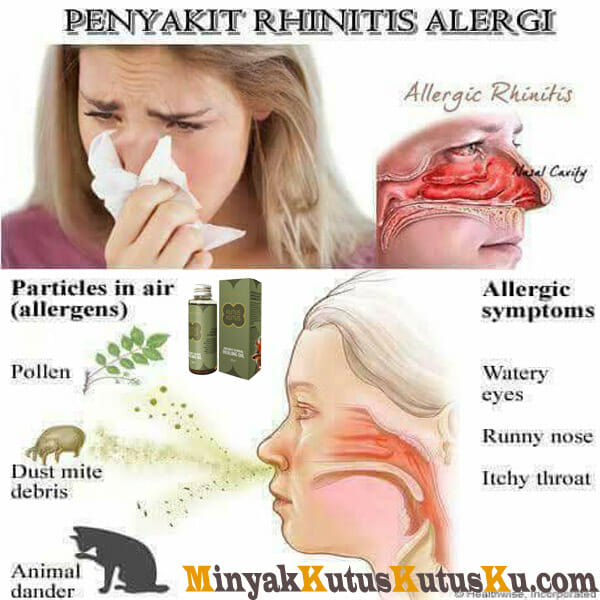
-
Ask your healthcare provider about using OTC nasal strips and saline sprays or drops.
The good news? Even if you don’t do anything, you can expect your stuffy nose to clear up soon after your baby is born. It often goes away within two weeks of childbirth.
Online Medical Reviewer: Bowers, Nancy, RN, BSN, MPH Foley, Maryann, RN, BSN
Date Last Reviewed: 4/12/2016
© 2000-2019 The StayWell Company, LLC. 800 Township Line Road, Yardley, PA 19067. All rights reserved. This information is not intended as a substitute for professional medical care. Always follow your healthcare professional's instructions.
© 2000-2019 The StayWell Company, LLC. 800 Township Line Road, Yardley, PA 19067. All rights reserved. This information is not intended as a substitute for professional medical care. Always follow your healthcare professional's instructions.
Pregnancy rhinitis | Pregnancy Birth and Baby
Pregnancy rhinitis | Pregnancy Birth and Baby beginning of content5-minute read
Listen
If you have unexplained breathing problems, see your doctor as soon as possible. If your breathing problems are very bad and come on quickly, call triple zero (000) for an ambulance.
If your breathing problems are very bad and come on quickly, call triple zero (000) for an ambulance.
What is pregnancy rhinitis?
Pregnancy rhinitis usually involves a stuffy nose, itchy eyes, and post-nasal drip. These symptoms seem to come out of nowhere during pregnancy. While it's not a life-threatening medical condition, pregnancy rhinitis can be bothersome. There are things you can do to find some relief.
What are the symptoms pregnancy rhinitis?
Symptoms of pregnancy rhinitis are like those of allergic rhinitis (hay fever). These include:
- a runny or congested nose
- sneezing
- itchy eyes
- watery eyes
While it might feel like you are getting a cold, pregnancy rhinitis is not associated with bacterial or viral infection. This means it is not contagious.
CHECK YOUR SYMPTOMS — If you are feeling unwell and not sure what to do next, check your symptoms using the healthdirect Symptom Checker tool.
What causes pregnancy rhinitis?
Rhinitis is an inflammation of the lining of your nose.
People who are affected by allergies may also experience similar symptoms during pregnancy. In these circumstances, symptoms are triggered by one or more allergens. These allergens may be seasonal, such as:
- pollens
- fungi
- moulds
Or they can be perennial (year-round) such as:
- dust mites
- pets
- cockroaches
Rhinitis in pregnancy may also have a non-allergic origin. It's not known exactly why rhinitis occurs more frequently in pregnancy. Some research suggests that factors such as hormones increase the likelihood of rhinitis during pregnancy.
Smoking is also associated with pregnancy rhinitis. It's never too late for future parents to quit smoking.
How is pregnancy rhinitis diagnosed?
Pregnancy rhinitis should be distinguished from other conditions such as infections.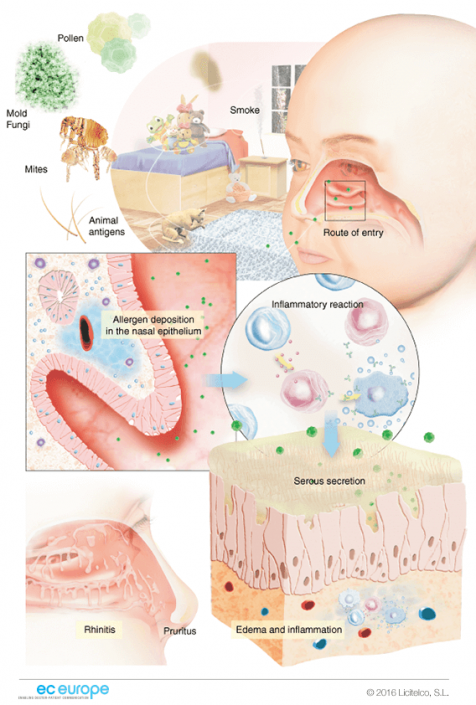 Your doctor can do this during a routine visit.
Your doctor can do this during a routine visit.
You may have a breathing problem if:
- you feel you can't get enough air through both your nose and mouth
- you are breathless
- you feel like you're being suffocated
- your chest feels very tight
- you are needing more of your usual asthma or lung medications
If you have unexplained breathing problems, see your doctor as soon as possible. If your breathing problems are very bad and come on quickly, call triple zero (000) for an ambulance.
FIND A HEALTH SERVICE — The Service Finder can help you find doctors, pharmacies, hospitals and other health services.
How long will my symptoms last?
While pregnancy rhinitis can occur at any time during your pregnancy, it is most common during the first trimester.
Symptoms may last for at least 6 weeks. The good news is they usually disappear within 2 weeks of your baby's birth.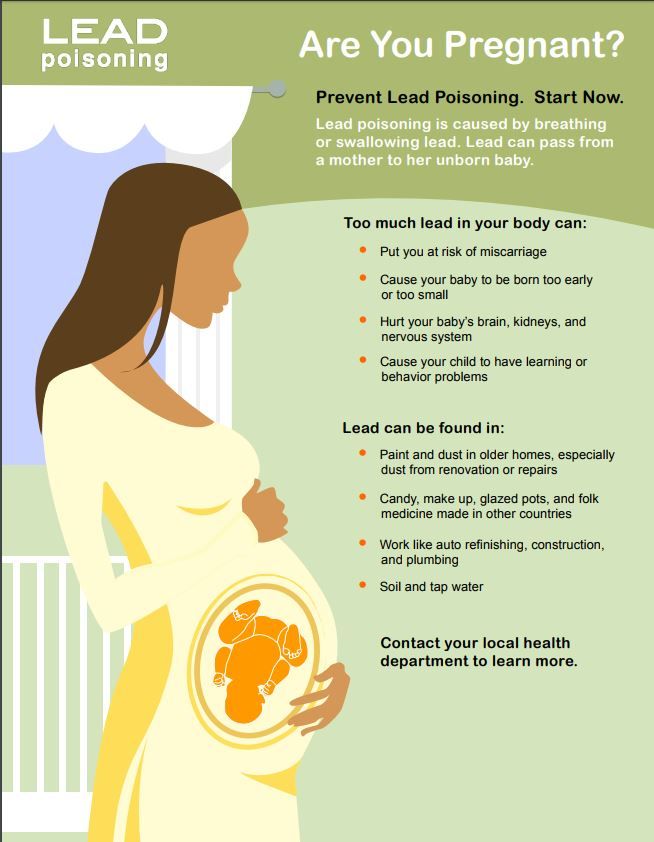
How is pregnancy rhinitis treated?
Your pregnancy rhinitis may be triggered by a known allergen. If this is the case, you can try and avoid or limit your exposure to the allergen.
Nasal irrigation is a drug-free technique to clear out air-borne allergens and mucus from blocked nostrils.
Using salt water (saline) nasal sprays can provide relief and is a good solution during pregnancy.
Persistent symptoms are managed individually. If you have itchy-watery eyes, there are certain eye drops that are approved for use during pregnancy. Similarly, specific medicated nasal sprays and antihistamines can be used.
However, always check with your doctor or pharmacist before taking any medicine while pregnant.
Is there an impact on my unborn baby?
There are insufficient studies to fully understand the impact of pregnancy rhinitis on the growth and development of unborn babies.
However, any condition that reduces your quality of life has the potential to affect your baby.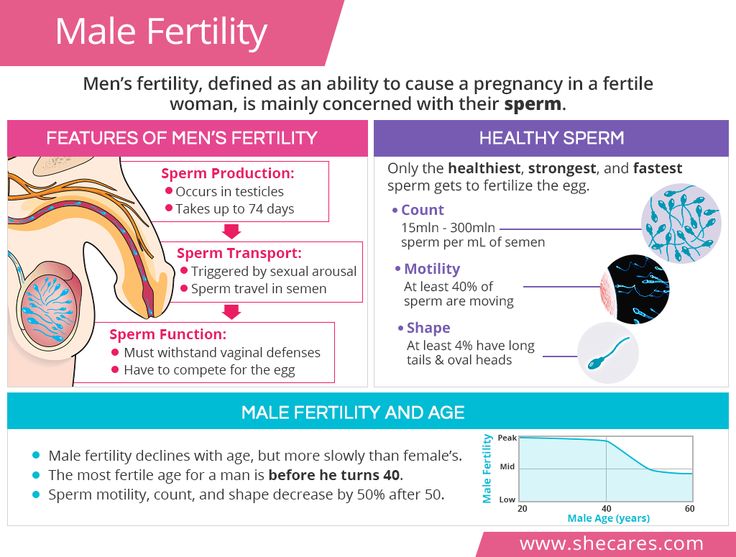 This includes the quality of your sleep during pregnancy.
This includes the quality of your sleep during pregnancy.
If you are concerned about your sleep or breathing during pregnancy, speak to your doctor. They can help you find the best way to clear your breathing passages and improve your sleep.
Speak to a maternal child health nurse
Call Pregnancy, Birth and Baby to speak to a maternal child health nurse on 1800 882 436 or video call. Available 7am to midnight (AET), 7 days a week.
Sources:
Auris Nasus Larynx (Medical Management of rhinitis in pregnancy), American Journal of Rhinology & Allergy (Redefining Pregnancy-induced Rhinitis), International Journal of Chemistry, Mathematics and Physics (Chronic Rhinosinusitis and Its Impact on Pregnancy), South Eastern Sydney Local health District/The Royal Hospital for Women (Hay Fever in Pregnancy and Breastfeeding), The Royal Women’s Hospital (Medicines in Pregnancy), Australasian Society of Clinical Immunology and Allergy (ASCIA) (Allergic Rhinitis Clinical Update)Learn more here about the development and quality assurance of healthdirect content.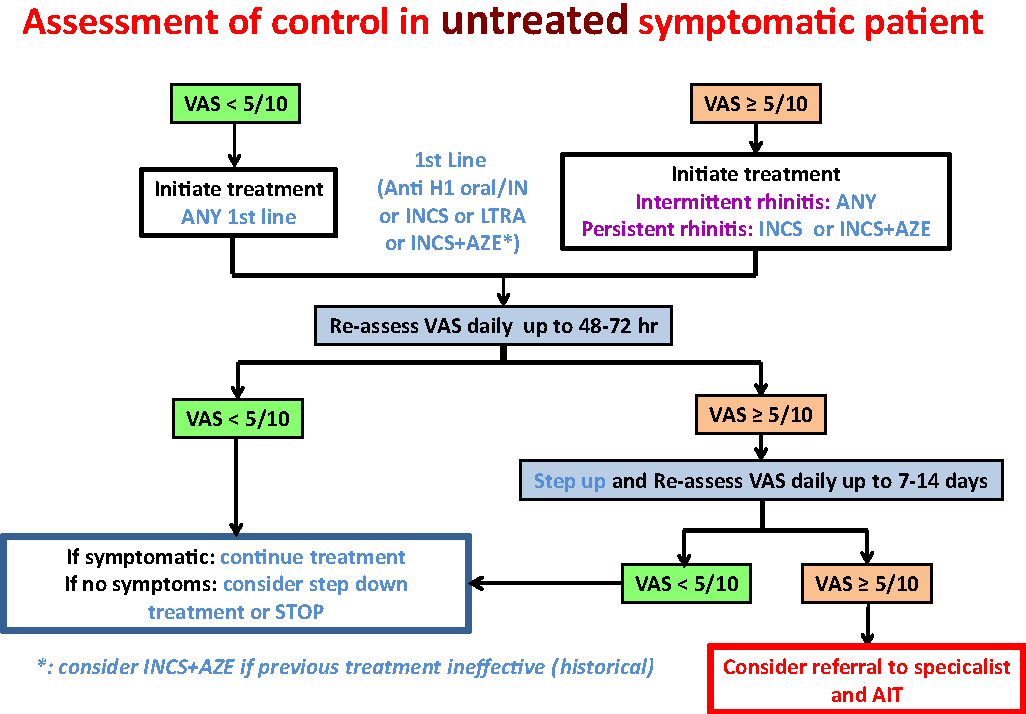
Last reviewed: July 2022
Back To Top
Related pages
- Medicines during pregnancy
- Cold and flu during pregnancy and breastfeeding
- Allergies: controlling your environment
- Airborne allergies
- Allergies and hay fever during pregnancy
Need more information?
Allergic rhinitis - symptoms, causes and treatment - MyDr.com.au
Rhinitis means inflammation of the lining of the nose. Allergic rhinitis means that this inflammation is caused by an allergy.
Read more on myDr website
Allergic rhinitis (hay fever)? - Australasian Society of Clinical Immunology and Allergy (ASCIA)
Allergic rhinitis (commonly known as hay fever) affects around 18% of people in Australia and New Zealand.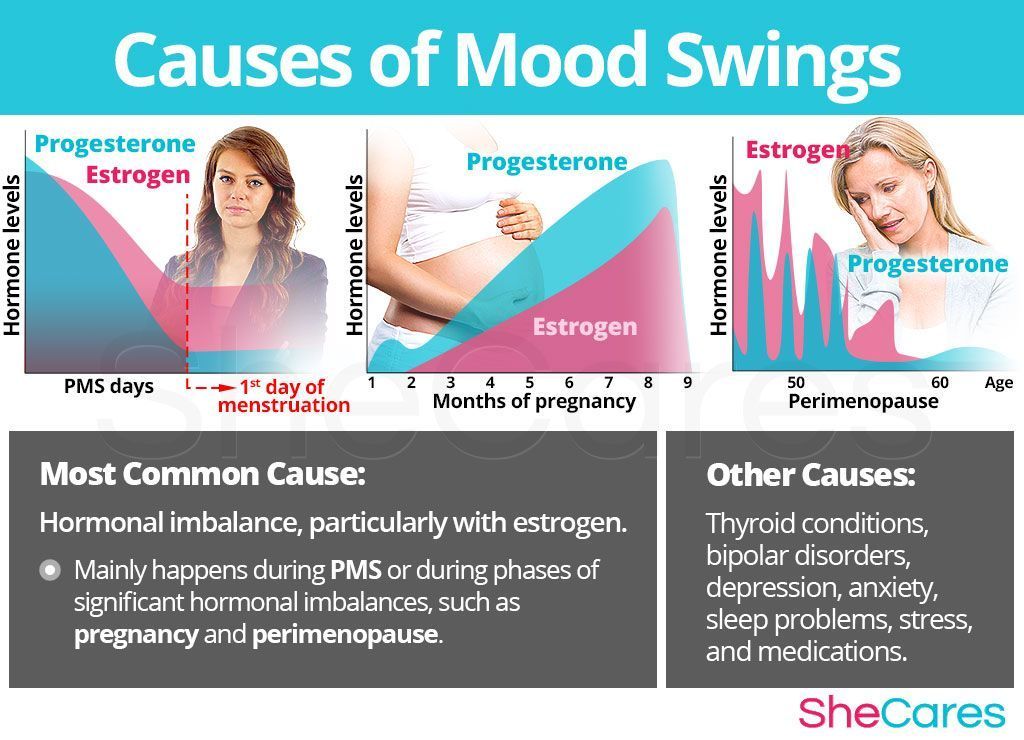 It can affect children and adults.
It can affect children and adults.
Read more on ASCIA – Australasian Society of Clinical Immunology and Allergy website
Allergic Rhinitis (hayfever) - Allergy & Anaphylaxis Australia
Allergic rhinitis (hay fever) is one of the most common allergic conditions affecting 1 in 5 people in Australia. It is caused by the body’s immune system reacting to common allergens in the environment such as pollen, house dust mite, moulds and animal danders (skin cells and fur).
Read more on Allergy and Anaphylaxis Australia website
Hay Fever (Allergic Rhinitis) - Australasian Society of Clinical Immunology and Allergy (ASCIA)
The Australasian Society of Clinical Immunology and Allergy (ASCIA) is the peak professional body of clinical immunology and allergy in Australia and New Zealand. ASCIA promotes and advances the study and knowledge of immune and allergic diseases, including asthma.
ASCIA promotes and advances the study and knowledge of immune and allergic diseases, including asthma.
Read more on ASCIA – Australasian Society of Clinical Immunology and Allergy website
Immunotherapy for Allergic Rhinitis (Hay Fever) - Allergy & Anaphylaxis Australia
Allergen Immunotherapy (AIT) has been used for over 100 years and is a proven treatment providing long-term relief for hay fever. The aim of AIT is to help people react less to their trigger allergen/s that cause symptoms (such as grass pollen/house dust mite). This means having no/less symptoms and a better quality of life.
Read more on Allergy and Anaphylaxis Australia website
Pollen - a trigger for hay fever - National Asthma Council Australia
Plant pollen is well known as a trigger for seasonal allergic rhinitis (hay fever) and seasonal allergic conjunctivitis.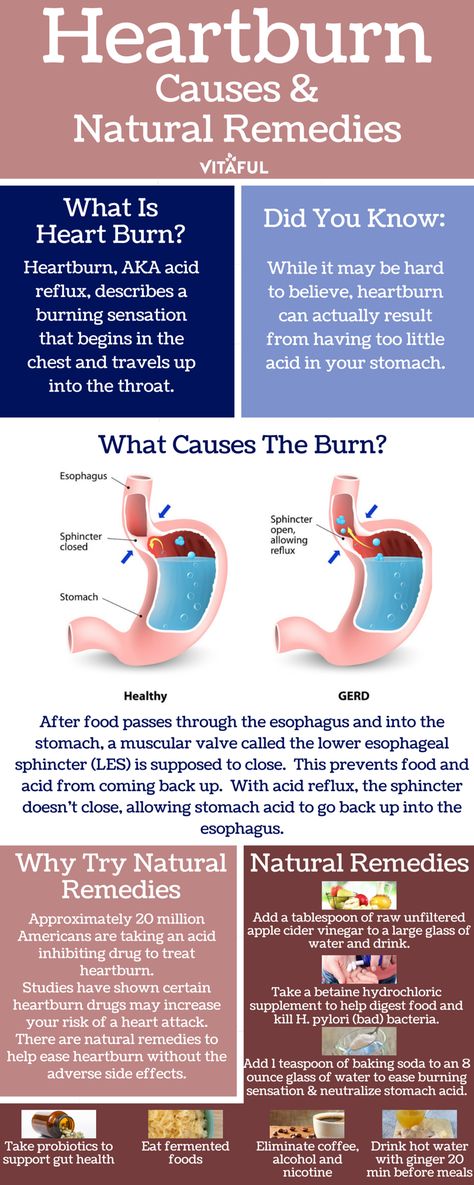
Read more on National Asthma Council Australia website
Hay Fever & Asthma | Hay Fever-related Asthma Causes & Symptoms - Asthma Australia
Hay fever is a common allergy, also known as allergic rhinitis, that can also trigger asthma flare-ups. Learn more about hay fever-related asthma & symptoms here.
Read more on Asthma Australia website
Other Allergic Conditions - Allergy & Anaphylaxis Australia
Other Allergic Conditions included: Urticaria (Hives), Eczema (Atopic Dermatitis), Allergic Conjunctivitis, Allergic Rhinitis (hayfever), Sinusitis
Read more on Allergy and Anaphylaxis Australia website
Thunderstorm asthma - Australasian Society of Clinical Immunology and Allergy (ASCIA)
It seems reasonable to think that rain would relieve allergic rhinitis (hay fever) and asthma triggered by pollen, by washing pollen out of the air.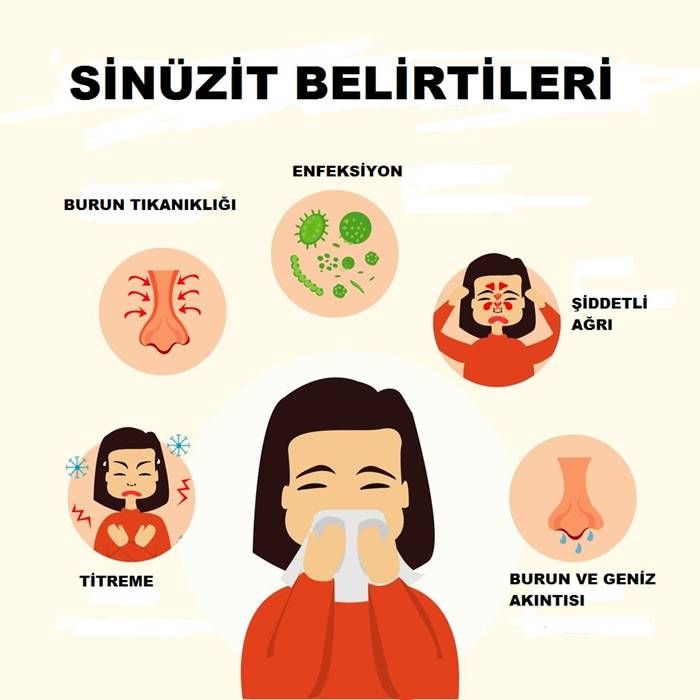 However, rain from some thunderstorms can make some people's symptoms worse. Epidemics of thunderstorm asthma in Australia have occurred in Melbourne and Wagga Wagga.
However, rain from some thunderstorms can make some people's symptoms worse. Epidemics of thunderstorm asthma in Australia have occurred in Melbourne and Wagga Wagga.
Read more on ASCIA – Australasian Society of Clinical Immunology and Allergy website
Allergy Treatments - Australasian Society of Clinical Immunology and Allergy (ASCIA)
The Australasian Society of Clinical Immunology and Allergy (ASCIA) is the peak professional body of clinical immunology and allergy in Australia and New Zealand. ASCIA promotes and advances the study and knowledge of immune and allergic diseases, including asthma.
Read more on ASCIA – Australasian Society of Clinical Immunology and Allergy website
Disclaimer
Pregnancy, Birth and Baby is not responsible for the content and advertising on the external website you are now entering.
Need further advice or guidance from our maternal child health nurses?
1800 882 436
Video call
- Contact us
- About us
- A-Z topics
- Symptom Checker
- Service Finder
- Linking to us
- Information partners
- Terms of use
- Privacy
Pregnancy, Birth and Baby is funded by the Australian Government and operated by Healthdirect Australia.
Pregnancy, Birth and Baby is provided on behalf of the Department of Health
Pregnancy, Birth and Baby’s information and advice are developed and managed within a rigorous clinical governance framework. This website is certified by the Health On The Net (HON) foundation, the standard for trustworthy health information.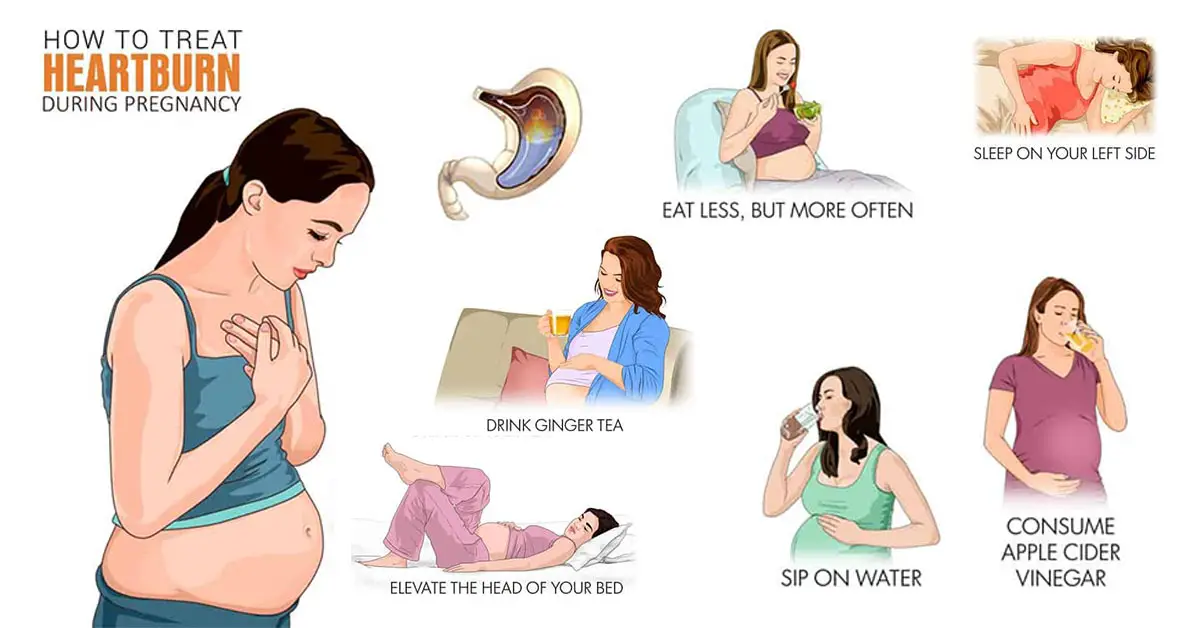
This site is protected by reCAPTCHA and the Google Privacy Policy and Terms of Service apply.
This information is for your general information and use only and is not intended to be used as medical advice and should not be used to diagnose, treat, cure or prevent any medical condition, nor should it be used for therapeutic purposes.
The information is not a substitute for independent professional advice and should not be used as an alternative to professional health care. If you have a particular medical problem, please consult a healthcare professional.
Except as permitted under the Copyright Act 1968, this publication or any part of it may not be reproduced, altered, adapted, stored and/or distributed in any form or by any means without the prior written permission of Healthdirect Australia.
Support this browser is being discontinued for Pregnancy, Birth and Baby
Support for this browser is being discontinued for this site
- Internet Explorer 11 and lower
We currently support Microsoft Edge, Chrome, Firefox and Safari.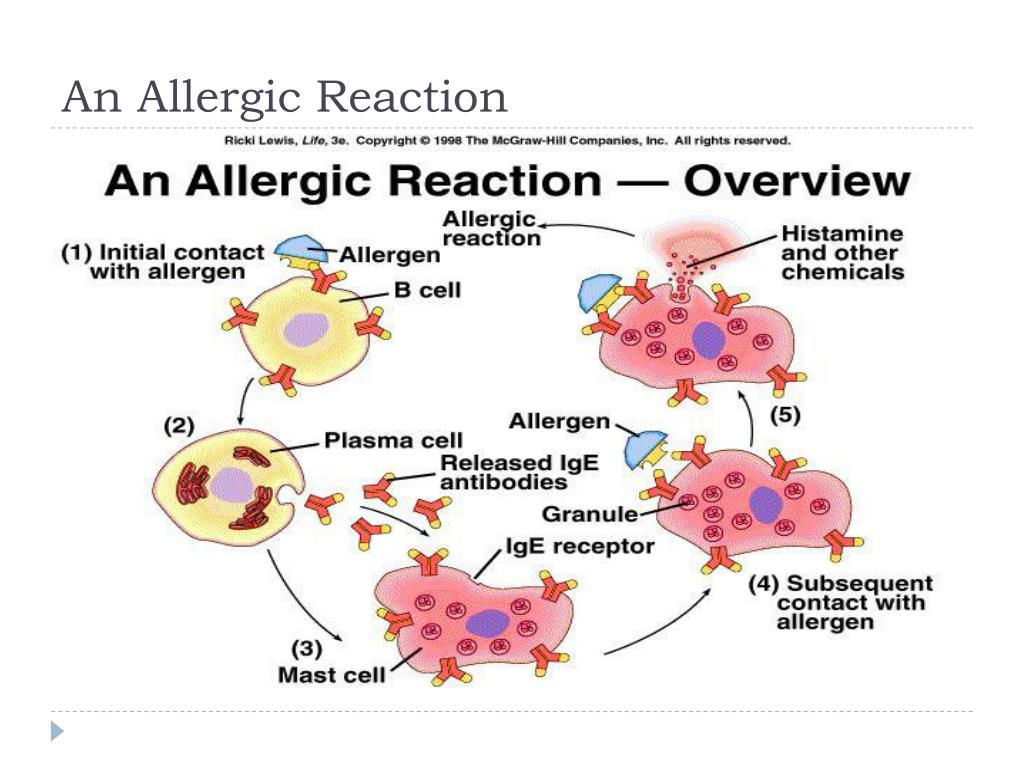 For more information, please visit the links below:
For more information, please visit the links below:
- Chrome by Google
- Firefox by Mozilla
- Microsoft Edge
- Safari by Apple
You are welcome to continue browsing this site with this browser. Some features, tools or interaction may not work correctly.
Prolonged nasal congestion (rhinitis) in pregnant women
Article rating
3.62 (Votes: 13)
Contents
- Causes of prolonged nasal congestion and rhinitis in pregnant women
- The frequency of occurrence of rhinitis of pregnant women
- What are we afraid of in pregnancy rhinitis?
- What to do if you are pregnant and you are suffering from a persistent runny nose and nasal congestion?
One of the most common distressing problems of pregnant women is rhinitis of pregnancy (swelling of the nasal mucosa, accompanied by difficulty in nasal breathing, in some cases with increased mucus production or without it).
Causes of prolonged nasal congestion and rhinitis in pregnant women
- Increased hormonal levels of progesterone, estrogen. nine0010
- Emotional stress (which is pregnancy itself)
- An increase in the volume of circulating blood, which increases blood filling, including the lower nasal conchas.
- Gastroesophageal reflux - reflux of acidic contents of the stomach into the esophagus and nasopharynx due to an increase in the volume of the uterus (acidity changes cause the development of swelling of the nasal mucosa.)
The incidence of rhinitis in pregnant women more or less pronounced symptoms of prolonged (more than 6 weeks) nasal congestion, which can develop at any period of pregnancy, but most often in the II-III trimesters of pregnancy (from 12 to 38 weeks), which is understandable, based on the listed reasons for its occurrence. nine0003
A feature of rhinitis of pregnancy is that its symptoms completely disappear 2 weeks after delivery.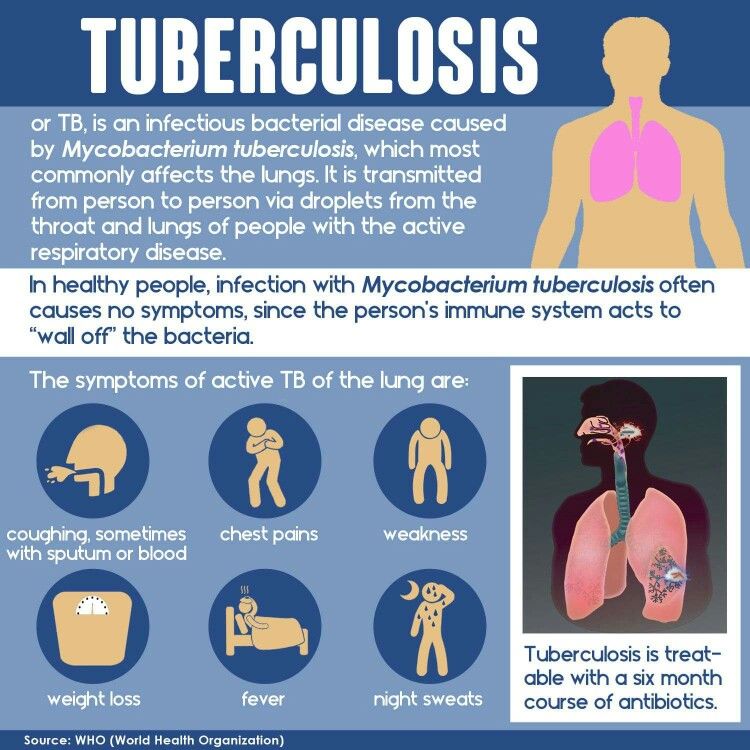
What are we afraid of in pregnancy rhinitis?
Despite the fact that prolonged nasal congestion and rhinitis in pregnant women accompanies a large number of women, unfortunately, if left unattended, these symptoms can lead to serious complications:
- First, it is very easy to get naphthyzinum if a woman independently and uncontrollably uses vasoconstrictor drops, and this is highly undesirable during pregnancy, since the part of the drug that enters the bloodstream causes vasoconstriction and the entire vascular system and internal organs, including placental vessels, especially this it is dangerous if a pregnant woman has high blood pressure and a rapid heartbeat, these indicators may worsen while taking drops. nine0010
- Secondly: against the background of a pronounced prolonged edema and blockage of the fistulas of the paranasal sinuses, with hypothermia or contact with an infection, inflammation in the sinuses may develop: sinusitis, sinusitis, frontal sinusitis, which will entail serious treatment, antibiotic therapy and infectious intoxication of the mother and fetus.
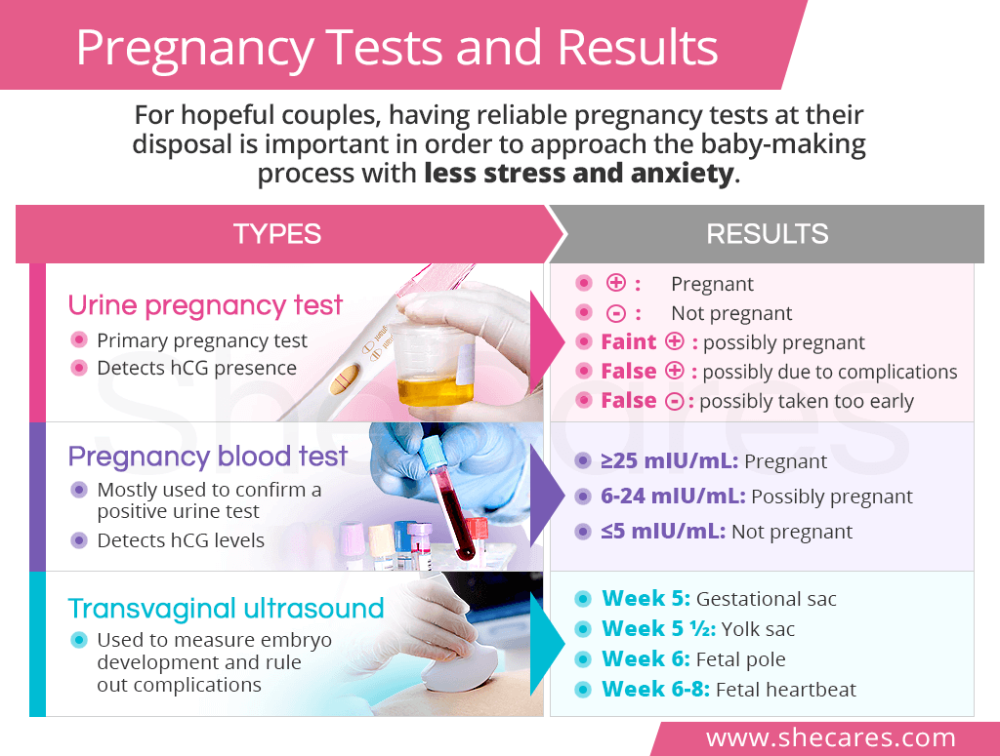
- Thirdly: prolonged obstruction of nasal breathing naturally entails the formation of moderate hypoxia (lack of oxygen in the blood) from which both the woman herself suffers (headaches, fatigue, mood depression) and the fetus. nine0010
What to do if you are pregnant and you suffer from persistent runny nose and nasal congestion?
Be sure to contact a specialized ENT clinic or an ENT office, an otorhinolaryngologist, who, first of all, will conduct a safe and permitted diagnosis during pregnancy.
For example, in the ENT clinic plus 1, you will have an endoscopy of the ENT organs, including the deep sections of the nose and nasopharynx; to exclude inflammation of the paranasal sinuses, an ultrasound of the paranasal sinuses will be done; if necessary, laboratory diagnostic methods will be carried out. All these methods are absolutely painless, do not require any preparation and have no contraindications at any stage of pregnancy. nine0003
After making a diagnosis and prescribing (if necessary) drug therapy, you will be offered methods of hardware treatment, which are also allowed at any stage of pregnancy and are highly effective in removing blockage of nasal breathing: UZOL-therapy, photochromotherapy.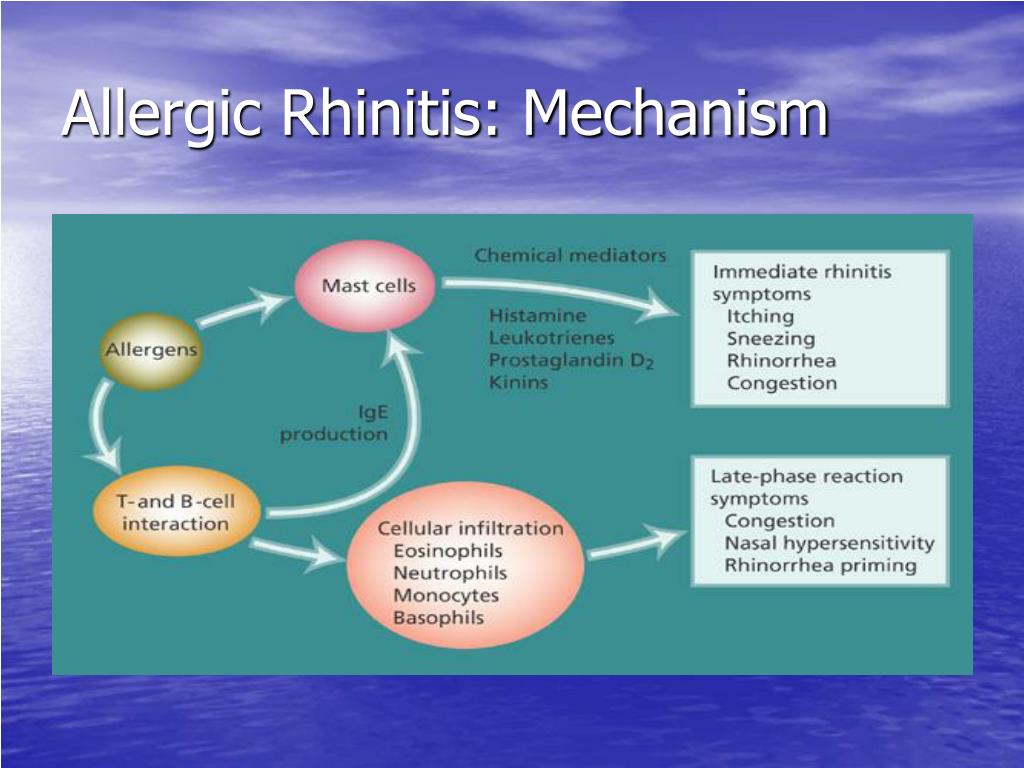 These methods give a stable positive result achieved by a course of 8-10 procedures.
These methods give a stable positive result achieved by a course of 8-10 procedures.
Remember that minor symptoms may hide a serious threat to your condition. Contact the experts and they will definitely help you! nine0003
Our specialists
All specialists
Pregnancy rhinitis - why it occurs and how to treat it?
Rhinitis of pregnant women is not dangerous, but worsens the quality of life of a woman during pregnancy.Article rating
3.20 (voted: 45)
Contents
- How long does pregnancy rhinitis occur and how long does it last?
- Symptoms of pregnancy rhinitis
- Causes of pregnancy rhinitis
- How to distinguish the symptoms of rhinitis during pregnancy from other pathologies?
- Treatment of rhinitis of pregnant women
- General recommendations for pregnant women who have symptoms of rhinitis nine0010
- Drugs for the treatment of rhinitis
Rhinitis of pregnancy (nasal obstruction) is a common pathology that occurs in about 30% of expectant mothers. Manifested by a typical triad of symptoms: nasal congestion, difficulty breathing, the presence of mucous secretions. By itself, it is not dangerous, but worsens the quality of life of a woman during pregnancy. The difficulty of stopping the pathology and relieving symptoms lies in the fact that during pregnancy there are restrictions on the use of a number of physiotherapeutic methods and drugs. nine0003
Manifested by a typical triad of symptoms: nasal congestion, difficulty breathing, the presence of mucous secretions. By itself, it is not dangerous, but worsens the quality of life of a woman during pregnancy. The difficulty of stopping the pathology and relieving symptoms lies in the fact that during pregnancy there are restrictions on the use of a number of physiotherapeutic methods and drugs. nine0003
When does rhinitis of pregnancy occur and how long does it last?
The most common pathology occurs:
- up to and including the 20th week of pregnancy - in this case, rhinitis usually resolves on its own (after about a month or two) and does not manifest itself in the later stages;
- after the 20th week of pregnancy - this condition can continue until childbirth and after them (after 2-3 weeks).
If the symptoms last longer than two months and are not relieved by any independent action (vasoconstrictor sprays are prohibited!), then the cause may be hiding in a chronic disease. nine0003
nine0003
Symptoms of pregnancy rhinitis
- Difficult nasal breathing, nasal congestion;
- Nasal discomfort, sneezing;
- Presence of clear mucous discharge;
- Feeling of constriction in the region of the nose and sinuses;
- Mild headaches.
Difficulty in nasal breathing in the mother leads to sleep disturbance and hypoxia, which is also felt by the fetus.
Causes of pregnancy rhinitis nine0021
The pathogenesis of the disease is still a controversial issue. Most doctors are inclined to believe that it is of a hormonal nature and is associated with an increased level of estrogen and acetylcholine in the blood serum (as a result), which leads to hyperemia of the nasal mucosa and swelling. The concentration of estradiol, estrone, estriol in the bloodstream of pregnant women increases, in some future mothers, for this reason, the shape of the nose may change, it may increase in size.
There is evidence that pregnant women with symptoms of vasomotor rhinitis have elevated serum placental hormone levels.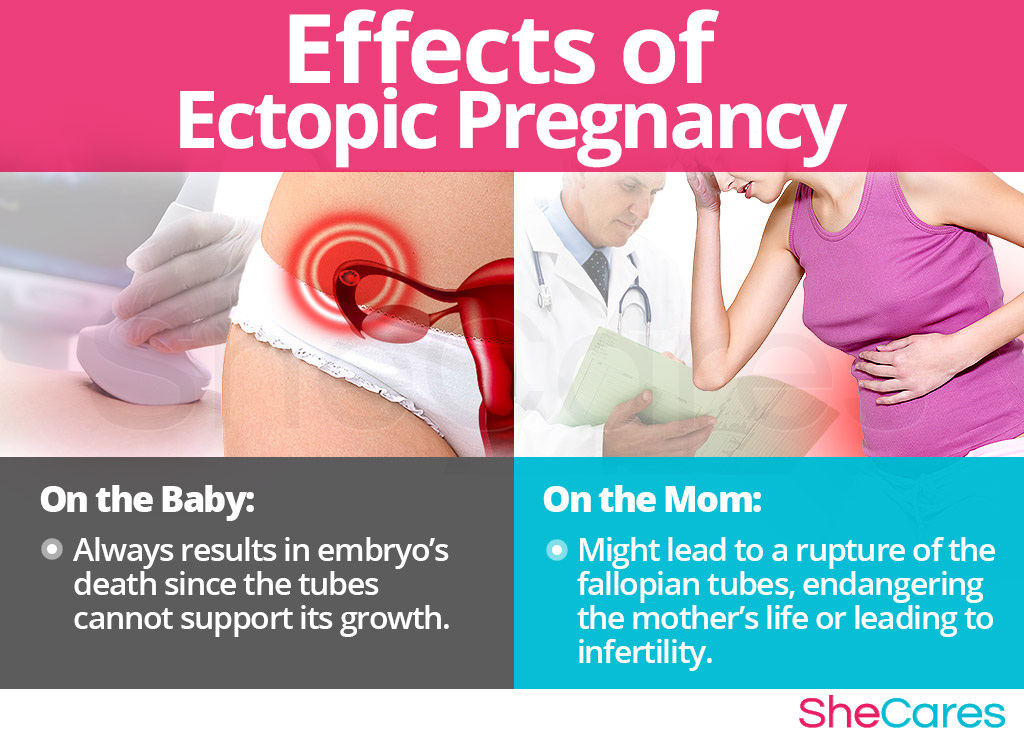 Another reason that can cause long-term nasal obstruction is the tone of smooth muscle cells under the influence of the inhibitory action of the steroid hormone progesterone. It causes fluid retention in the body and has such a side effect on the nasal mucosa. nine0003
Another reason that can cause long-term nasal obstruction is the tone of smooth muscle cells under the influence of the inhibitory action of the steroid hormone progesterone. It causes fluid retention in the body and has such a side effect on the nasal mucosa. nine0003
Histochemical studies have shown that nasal congestion may occur due to plethora due to hyperactivity of the parasympathetic nervous system in pregnant women.
How to distinguish the symptoms of pregnancy rhinitis from other pathologies?
Symptoms of rhinitis during pregnancy are indeed similar to those of other diseases, such as viral infections, sinusitis. It is difficult for a future mother to distinguish a pathology by external signs, therefore a doctor's consultation is necessary. Our clinic employs specialists with extensive experience who will quickly diagnose and prescribe treatment. nine0003
If the symptoms are accompanied by a sore throat, fever, then this indicates the presence of a bacterial and/or viral infection or other inflammatory process.
With sinusitis, the mucous discharge may have a yellowish or greenish tint. When pressing in the area of the maxillary and frontal sinuses, there are painful sensations, when the head is tilted, the pain may intensify. Also, sinusitis often causes an increase in temperature, while with nasal obstruction, such symptoms are not observed. nine0003
Sometimes rhinitis of pregnancy is confused with allergic rhinitis, which may worsen, there may be sensitization to allergens to which patients have not previously noted sensitivity.
Treatment of rhinitis in pregnancy
In our clinic, a thorough diagnosis is carried out in order to exclude diseases similar to rhinitis in terms of symptoms. After the examination, individual treatment is prescribed depending on the severity, severity and indications.
Treatment is complicated by the fact that many drugs can cause contraction of the myometrium and fetal circulation or vasoconstriction with impaired placental function. Therefore, a doctor should prescribe drug therapy, you can not use drugs on your own - they can cause a violation of the development of the fetus. nine0003
Therefore, a doctor should prescribe drug therapy, you can not use drugs on your own - they can cause a violation of the development of the fetus. nine0003
General advice for pregnant women with symptoms of rhinitis
- Nasal rinse with weak saline solution (2 teaspoons of sea salt per glass of water). Salt solution improves the discharge of nasal mucus and reduces the feeling of congestion.
- Nasal douches (nose washers) are very helpful. You can use regular saline for them.
- Ventilate the room before going to bed, use humidifiers. Dry air can exacerbate unpleasant symptoms. nine0010
- Use a high pillow (or multiple pillows) to sleep with your head well above your torso.
- Walking in the open air before going to bed is helpful.
- Do morning exercises and breathing exercises several times a day to reduce the symptoms of hypoxia.
- Do not wear perfume and stay away from smokers.
Do not use vasoconstrictor nasal drops during pregnancy as they may cause vasomotor rhinitis.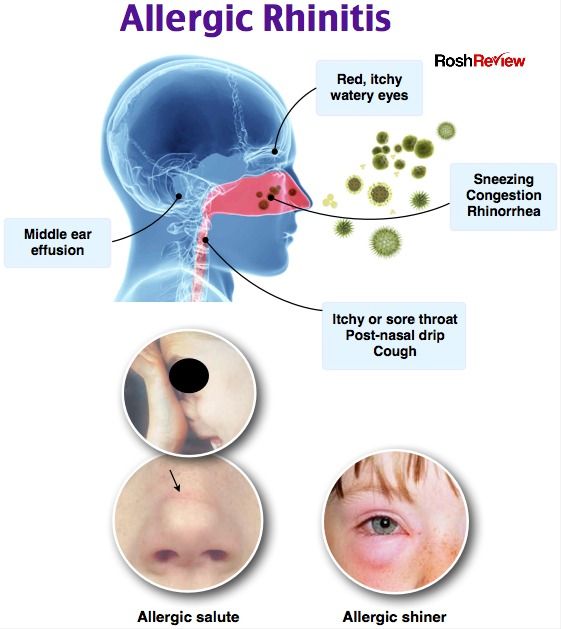 nine0003
nine0003
Preparations for the treatment of rhinitis
Preparations for use during pregnancy are selected with great care and individually. Pregnant women are not given oral systemic corticosteroids, although their effect on the fetus is not fully understood. In some cases, the doctor prescribes corticosteroids in the form of aerosols. Oral antihistamines are also not prescribed due to the increased risk of embryopathies. The choice of physiotherapy is also limited, because most methods negatively affect the development of the fetus. nine0003
If you suffer from rhinitis, headaches or other unpleasant symptoms, we advise you to see a doctor immediately. Timely treatment is the key to the quality of life of the mother, which is very important for bearing the fetus. And also allows you not to miss other more serious diseases that can adversely affect the health of the mother and child.
Important! Do not use drugs that were prescribed to you by a doctor before pregnancy, or drugs prescribed to someone else.